If you have decided that university is what you want to do after school, you will need to figure out how to get there!
This blog looks at where to get help for university admission information, and covers off some admission options that take into consideration more than just your ATAR.
We know that who you are, what you are capable of and what you want to do is shaped by so much more than exam results.
LET’S START FROM THE BEGINNING…THERE’S A BIT TO COVER IN THIS ONE!
If you are in Year 12 and want to attend university, you can do this one of two ways.
You can apply through a Tertiary Admissions Centre (TAC) or in some cases you may be able to apply directly to the university. Which state or territory you are planning to study in will determine which TAC you need to apply through:
Places in courses are offered through a series of offer rounds. In the second and third offer rounds, universities or higher education providers will sometimes consider lower ATAR scores. You could receive a late entry offer from a provider after offer rounds have been completed.
UNIVERSITY ADMISSION PATHWAYS
If you feel pretty confident you will get the ATAR you need to do the study you want – that is awesome!
If you are feeling a little less sure…maybe your study has been affected by challenging circumstances, or you just want to take the pressure off during your exams, there are a variety of pathways to get to university which include:
- Educational Access Scheme (EAS)
- Schools Recommendation Scheme (SRS)
- TAFE/VET sector study
- Bridging courses
- Adjustment points
- Special Tertiary Admissions Test (STAT)
- Rural and regional access schemes
- Indigenous access schemes
And these are just the most common!
Many universities will also have admissions criteria based on portfolios or auditions; specific criteria if you are an elite athlete or performer and also for those who have demonstrated leadership, for example if you were a school captain and contributed to your community. Be sure to check the website of your preferred university.
DO YOUR RESEARCH – IT WILL BE GOOD PRACTICE FOR YOU!
We know you have lot on your plate, but we also strongly suggest taking some time to research the different course, university and admission pathways available – there may be options that work for you, and probably many that you don’t know about!
Just imagine getting early entry acceptance to the university and course of your choice, and the load it will take off your shoulders come exam time – it could definitely be worth spending a little extra time investigating now.
We are going to take a closer look at the Educational Access Scheme (EAS) for NSW and the ACT.
If you are in another state or territory, don’t fear! Other admissions centres offer the same or similar schemes so check them out for more information.
Here is a reminder of those interstate admission centre websites:
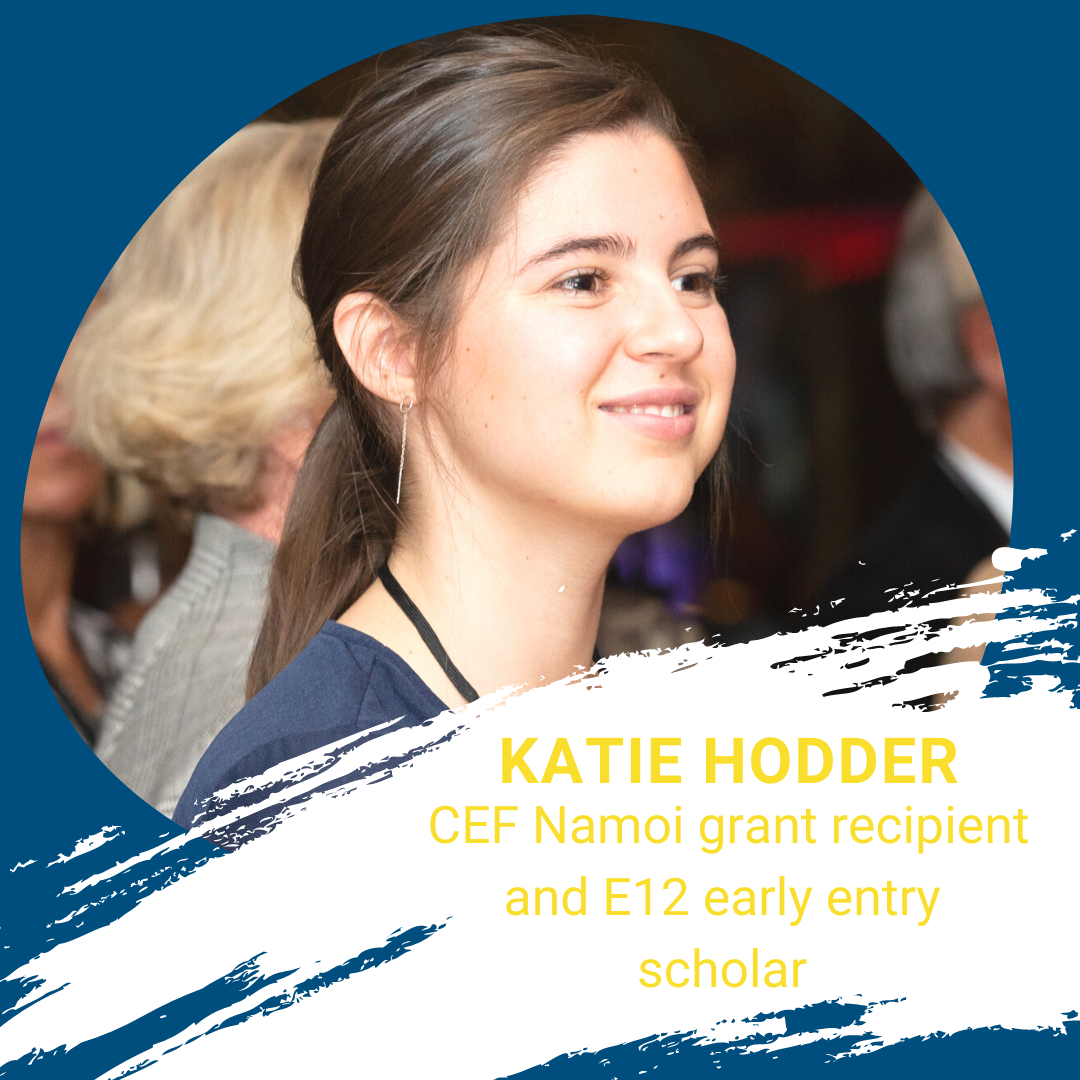
“Getting early entry enabled me to enter the HSC period with the confidence that I had already received a conditional offer to university, and the necessary ATAR to get acceptance into my course was lowered, reducing the stress I felt during this period.”
EDUCATIONAL ACCESS SCHEME (EAS)
We know that as a regional student in Australia you face some pretty unique challenges, that is why we exist!
And fortunately, tertiary admissions centres know that too. The Educational Access Scheme (EAS) aims to help students who have faced significant education disadvantage receive an offer for university, it also provides some great admissions support for rural and regional students.
Your application for this scheme is considered by the universities, along with your ATAR and any equity scholarship you may have been awarded, like a CEF grant.
Firstly, the important (and awesome) thing for you to know as a rural and regional student, is that UAC will automatically generate an application for you if:
- Your residential address is identified by the Australian Bureau of Statistics as being in the lowest 25% of socio-economic disadvantage
- You currently attend a school on the S01R or S01C list – you can view the list HERE
If the information you enter into UAC fits one of these criteria, they will send you confirmation after you submit your undergraduate application.
You might be eligible to apply based on your school’s postcode, even if it doesn’t fall into one of the above categories, find more information HERE.
“The majority of Australian National University (ANU) students now apply through an early admissions process launched in 2019. If you’re currently in Year 11 keep an eye out for applications to open in March next year, and if you’re currently in Year 12 it’s not too late as the University also accepts applications through UAC.
“And once you arrive you’ll be able to join the First-Year Experience community and connect in with other students from regional areas for a range of engaging activities throughout your first semester.”
Sarah Walker, Manager Engagement and Success – Australian National University
Secondly, you can make an application to the Educational Access Scheme (EAS) if you have faced significant education disadvantage during your studies.
In a nutshell, if something has happened that was beyond your control that affected your studies, you may be eligible apply for the EAS.
Generally, this situation needs to have affected you for at least 6 months, and before the end of October.
There are a number of ‘disadvantages’ you can claim:
- Attended three or more different secondary schools during Years 10, 11 and 12
- Moved interstate after the beginning of Year 11
- Studying any Year 12 subjects through distance education or an access program
- Receiving Youth Allowance, Austudy or ABSTUDY or another Centrelink means-tested benefit
- Exceptional financial hardship
- Criminal issues or domestic abuse
- Life-threatening/severe illness of an immediate family member/close friend
- Death of an immediate family member/close friend
- Disability or long-term medical condition
- Divorce or separation of parents
- Excessive family support commitments, including the need to work to support you or your family
- Natural disasters
You can find a full list including eligibility criteria and what supporting documentation you might need HERE.
From our friends at The University of Sydney, the E12 Scheme is for students from rural, regional or low socio-economic backgrounds, or those facing financial hardship. It makes your pathway to the University of Sydney easier and helps reduce the financial pressure of your first-year studies. They have outlined the amazing benefits you receive if eligible and everything you need to know about applying HERE.
Applications close 19 September, 2021.
UAC’S TOP FIVE TIPS FOR YEAR 12’s AS UNI ACCEPTANCE DRAWS CLOSER
Now that you know the basics and have an idea of your options, here are some great tips from UAC (the NSW and ACT admissions centre) about admissions and getting through your exam period. They might be from UAC, but this advice applies to absolutely everyone!
- It’s a good idea to diarise key opening and closing dates. You can find these on the relevant admissions (TAC) centre website
- Be aware of additional criteria for courses. You may need to prepare portfolios or attend interviews
- A good work/life balance is key. Healthy study habits with time away from the books will benefit your overall performance
- Practice good time management, you’ll need this when you are at university. A timetable is a really effective and easy way to manage your time
- Stay motivated and keep your eye on the prize. Help to keep those around you motivated too, this way you all benefit from the buzz in the air
Our great mates at the University of Canberra are keen to get you on board!
They have a wide variety of admission and entry pathways available, in fact, many of the ones that we mentioned earlier. There is even an option for portfolio entry into their Arts and Design Faculty courses!
You can find more information about how you can gain admission to your preferred course HERE.
The More Than Your ATAR series will cover topics such as:
- Where to start
- University entry options and tips
- Distance study
- Does an ATAR even apply?
- Study not your thing or need a break?
- Scholarship help and advice
We’ll be talking to all the experts – students, CEF volunteers, high school and university advisors to help you on this long, windy road!
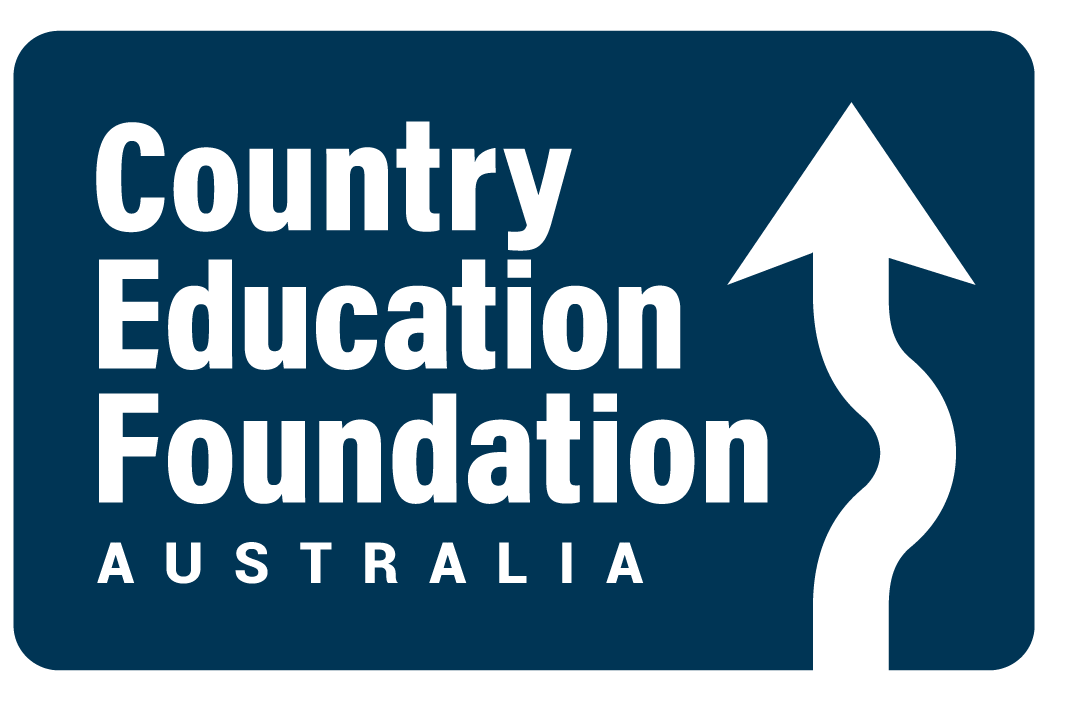

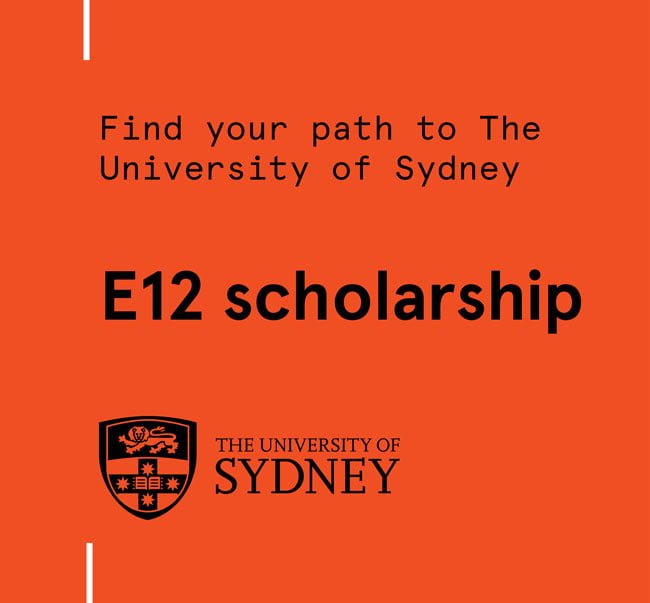
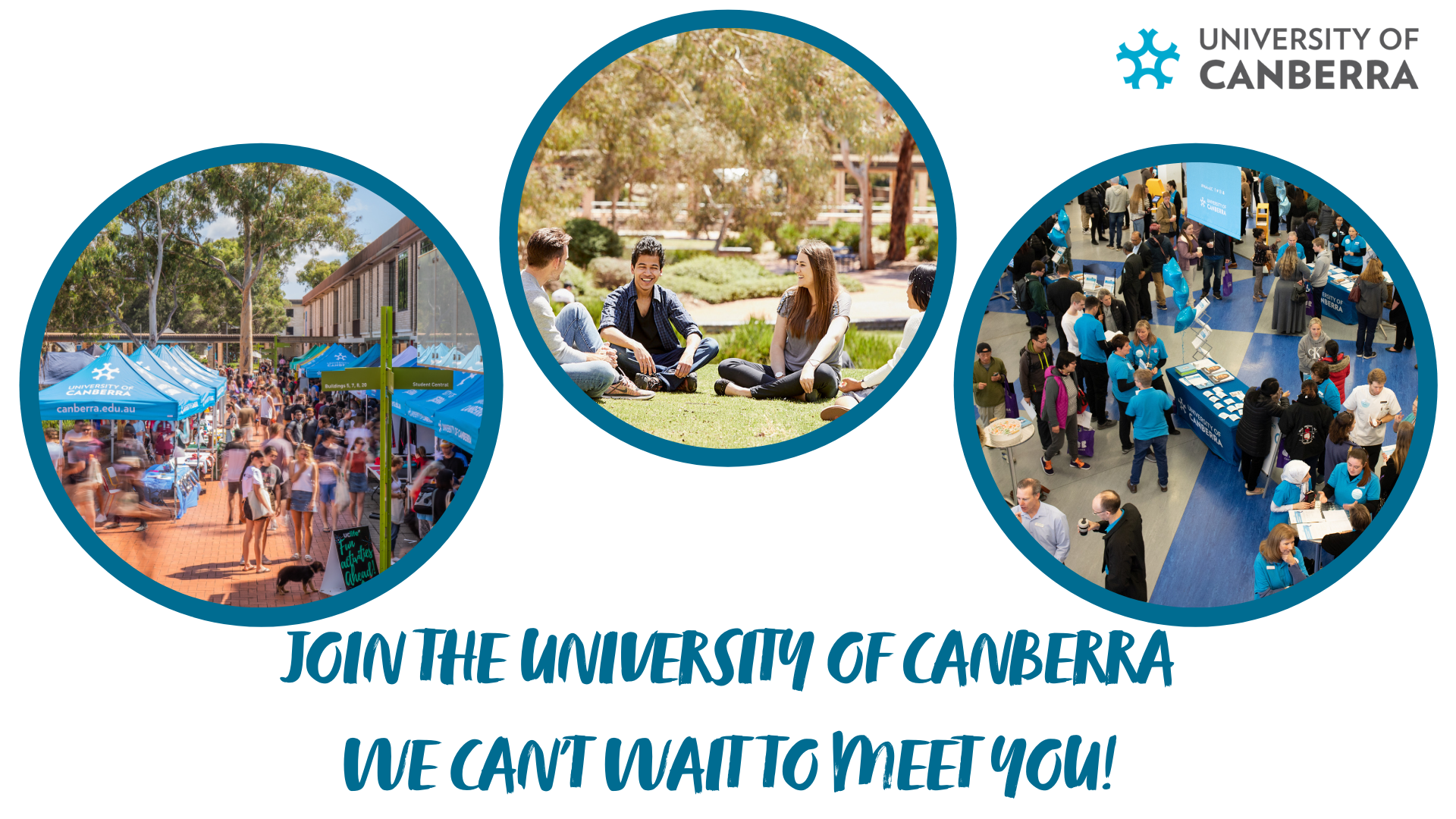

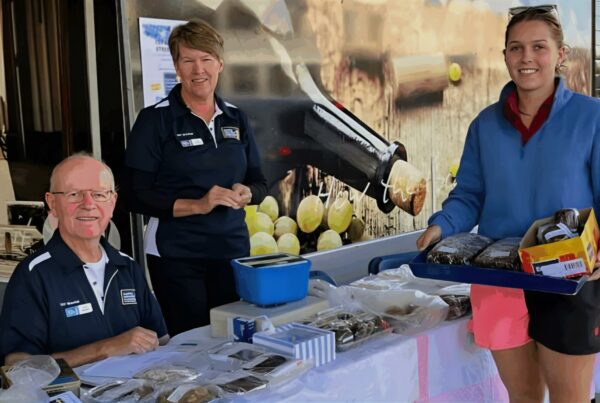


Recent Comments